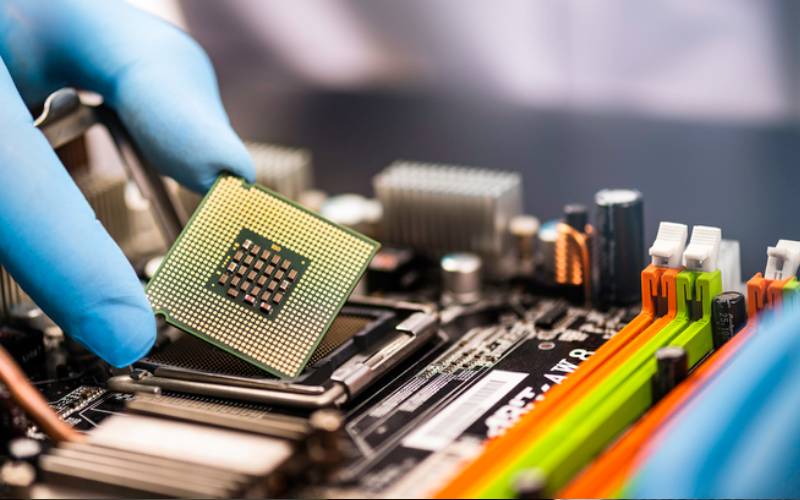×
The Standard e-Paper
Kenya's Bold Newspaper

Kenya is positioning itself as a global supplier of semiconductors at a time when the world is facing an unprecedented shortage of crucial components.
They are used in the manufacture of smart cars, phones, computers, TVs and other electronics.







